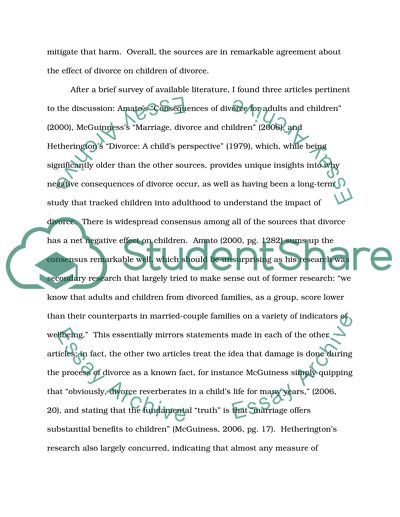Cite this document
(“Divorce and Children Issue Essay Example | Topics and Well Written Essays - 2000 words”, n.d.)
Retrieved from https://studentshare.org/english/1454222-children-of-divorce-what-is-known-about-the
Retrieved from https://studentshare.org/english/1454222-children-of-divorce-what-is-known-about-the
(Divorce and Children Issue Essay Example | Topics and Well Written Essays - 2000 Words)
https://studentshare.org/english/1454222-children-of-divorce-what-is-known-about-the.
https://studentshare.org/english/1454222-children-of-divorce-what-is-known-about-the.
“Divorce and Children Issue Essay Example | Topics and Well Written Essays - 2000 Words”, n.d. https://studentshare.org/english/1454222-children-of-divorce-what-is-known-about-the.


